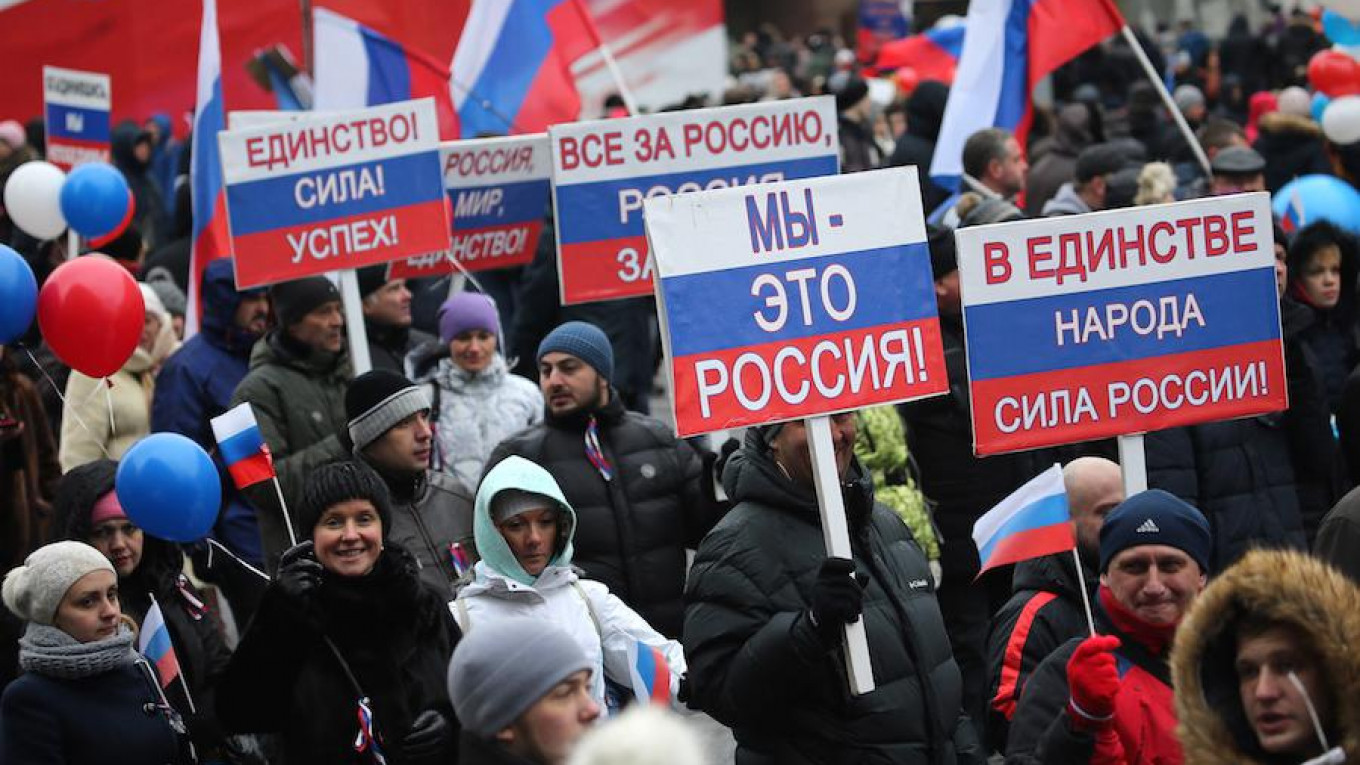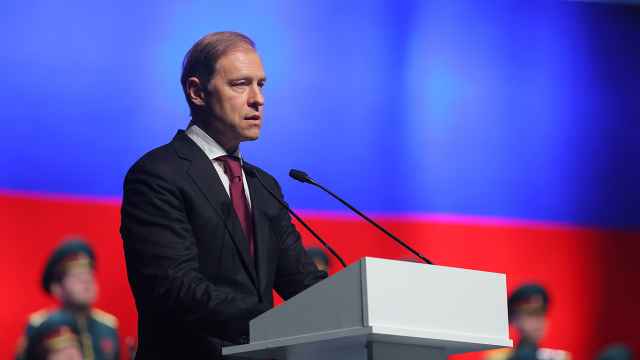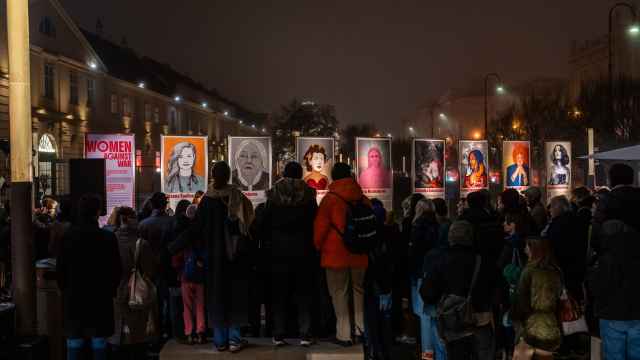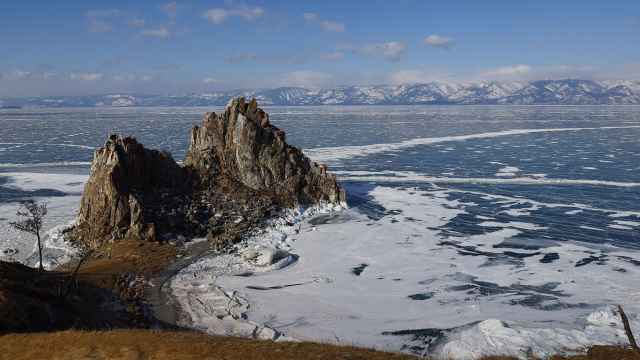Russia isn’t ready for a new law which would unite the country’s ethnic and regional minorities in a “national state,” an academic working on the bill has said.
Russian President Vladimir Putin announced in October 2016 that he wanted a new law to clarify the government’s understanding of the "Russian nation,” in a bid to streamline and coordinate the federal response to wide-ranging ethnic issues.
Academics and officials working on the policy have now announced that they want to remove all mention of a Russian nation state from the law’s name, instead calling it “The Foundations of State National Policy,” the Kommersant newspaper reported Tuesday. They believe that the country is not ready to unite as a single Russian nation.
"[The new name is] so much less confrontational,” Valery Tishkov, an academic at the Russian Academy of Sciences currently working on the project, told Kommersant. “It turned out that society was not ready to take on the concept of a single nation uniting all nationalities."
"Given that the president is proposing that we cement state national policy into law, we decided to change the name,” he said.
Tishkov said that the new bill would include new policies on monitoring inter-ethnic relations across Russia and the coordination of federal, regional and local responses to help indigenous peoples.
A small team will also remain working on the concept of a wider Russian nation, he said.
Modern-day Russia is comprised of more than 185 separate ethnic groups. According to data from 2010, ethnic Russians form an 81 percent majority of the population. Other large ethnic groups include Tatars (3.9 percent of the overall population), Ukrainians (1.4 percent), Bashkirs (1.15 percent) and Chuvash (1.05 percent.)
A Message from The Moscow Times:
Dear readers,
We are facing unprecedented challenges. Russia's Prosecutor General's Office has designated The Moscow Times as an "undesirable" organization, criminalizing our work and putting our staff at risk of prosecution. This follows our earlier unjust labeling as a "foreign agent."
These actions are direct attempts to silence independent journalism in Russia. The authorities claim our work "discredits the decisions of the Russian leadership." We see things differently: we strive to provide accurate, unbiased reporting on Russia.
We, the journalists of The Moscow Times, refuse to be silenced. But to continue our work, we need your help.
Your support, no matter how small, makes a world of difference. If you can, please support us monthly starting from just $2. It's quick to set up, and every contribution makes a significant impact.
By supporting The Moscow Times, you're defending open, independent journalism in the face of repression. Thank you for standing with us.
Remind me later.






